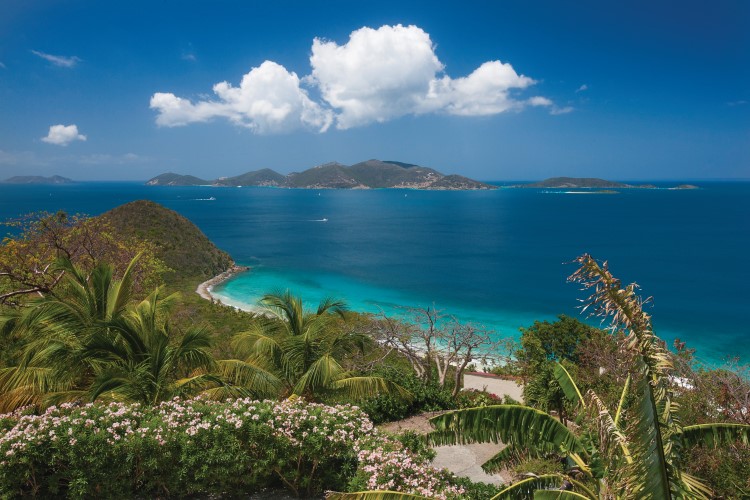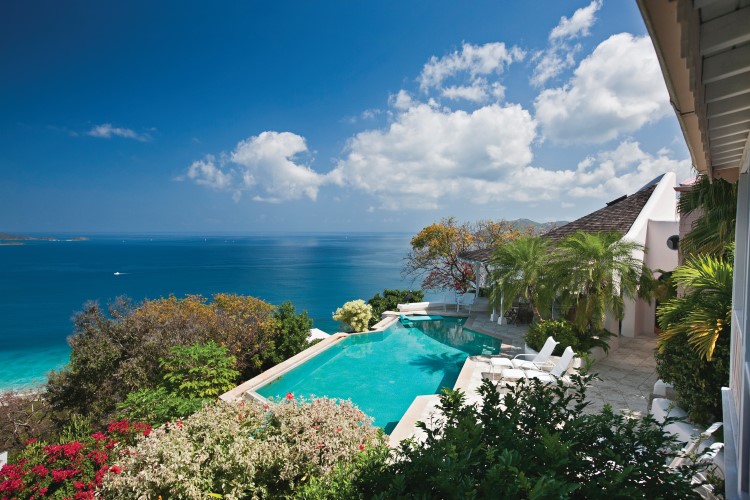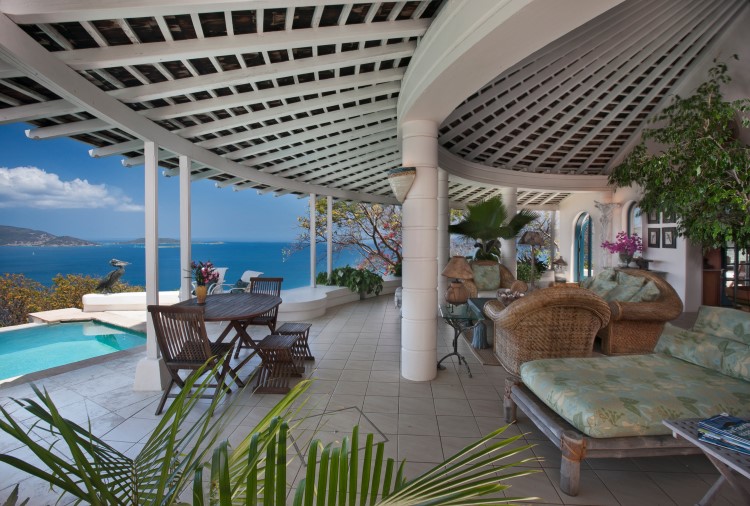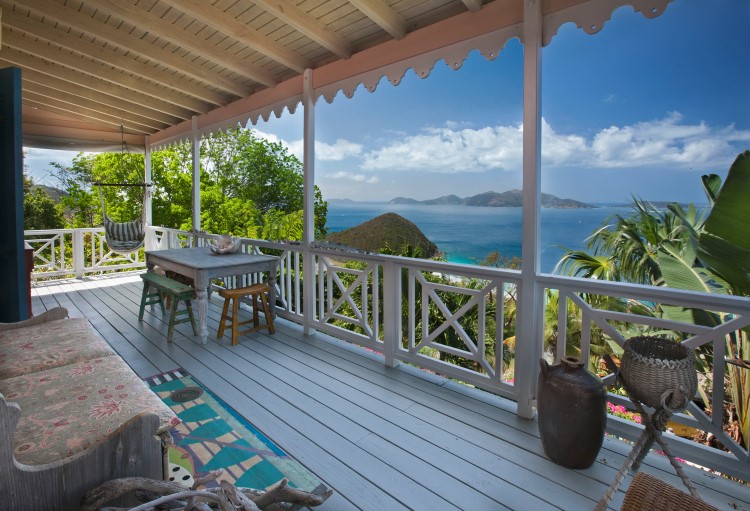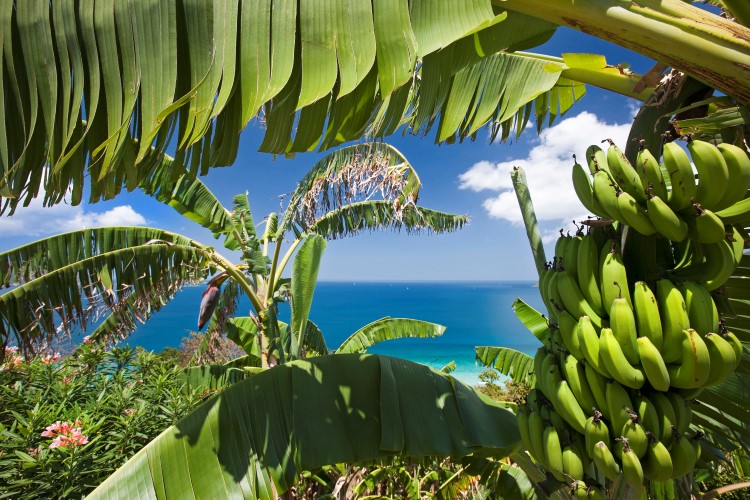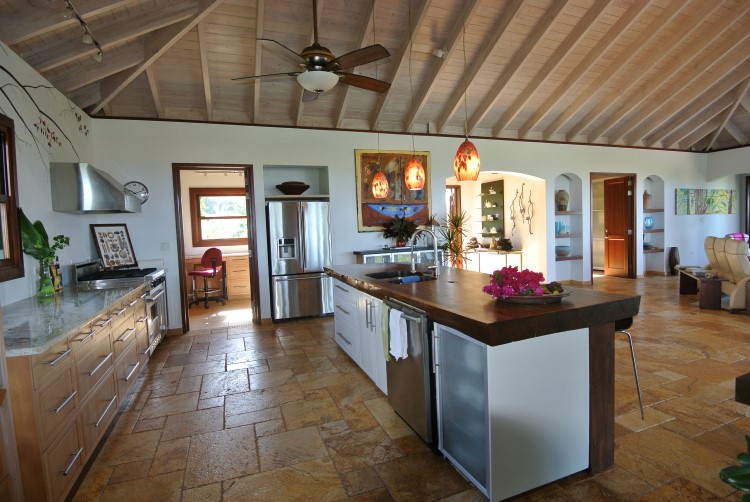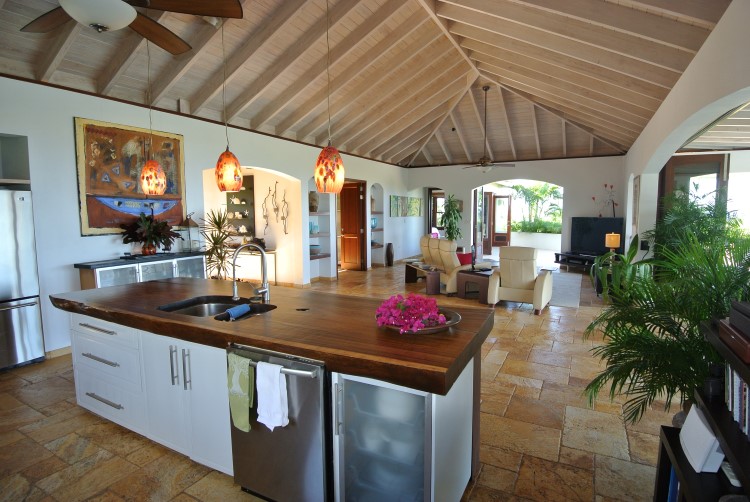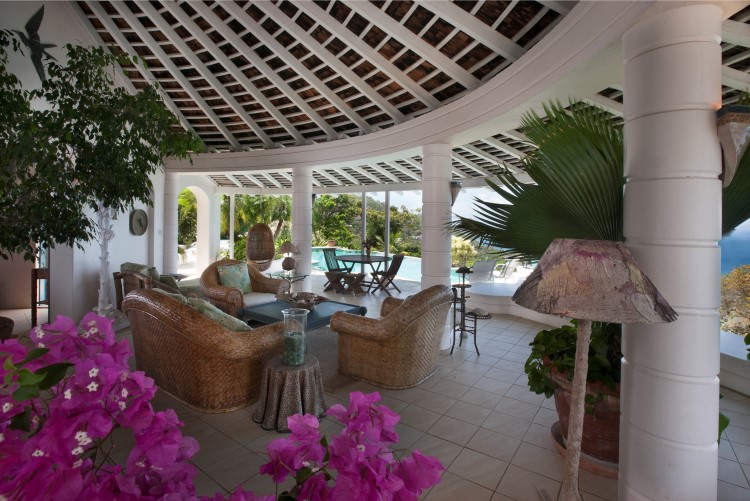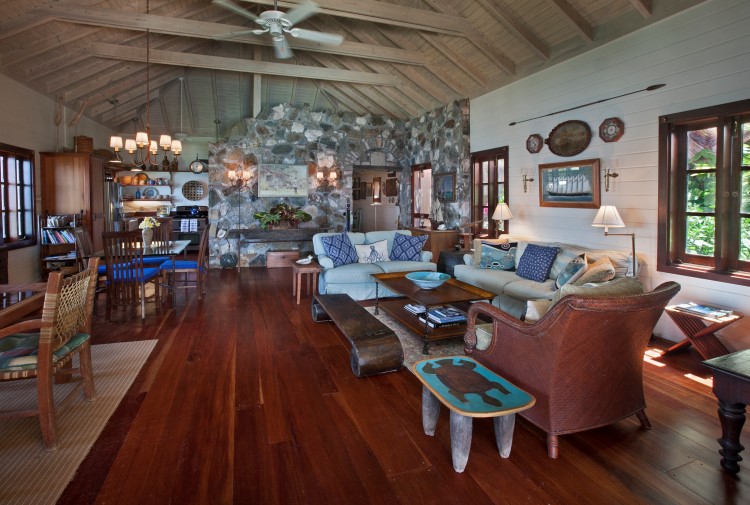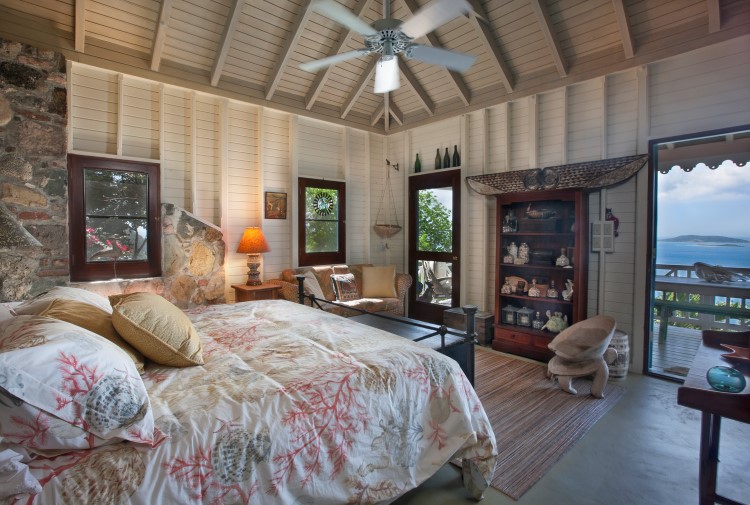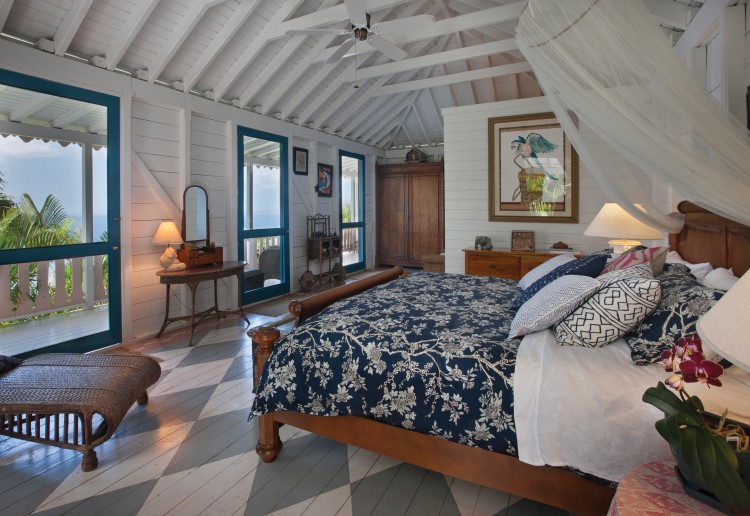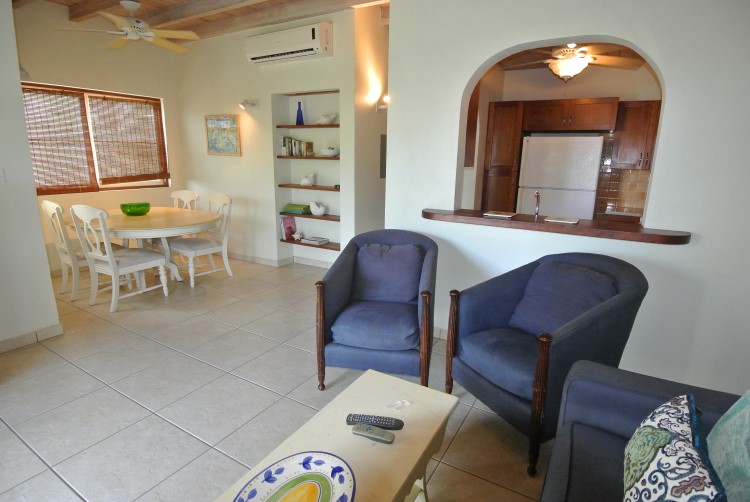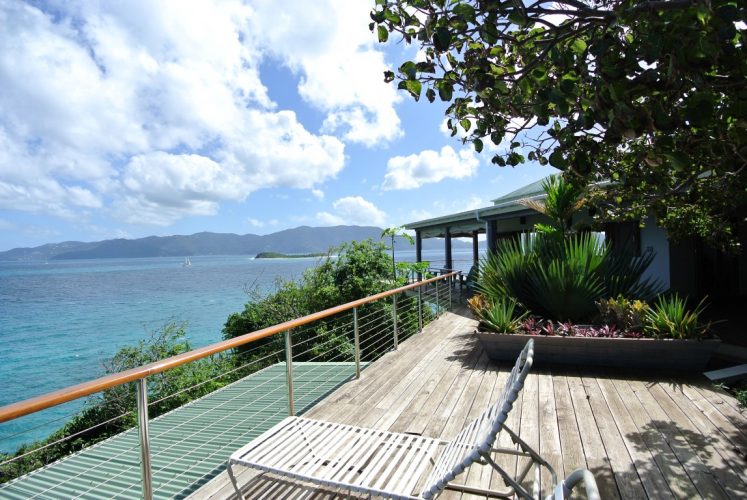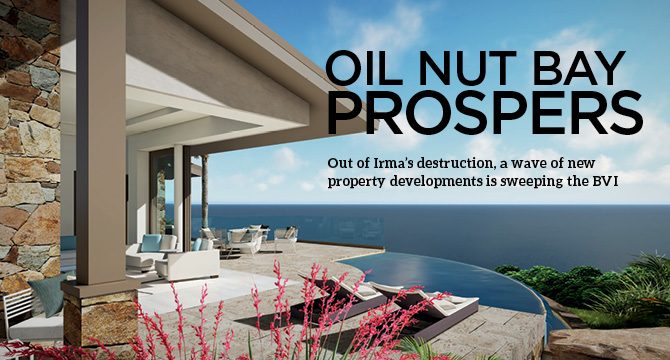Onward and Upward – The 2014 Optimism in the BVI Market
Photography courtesy of Smiths Gore
As we pass the mid-point of 2014, we can reflect on the past 12 months and the changes that have occurred in the market not only in the BVI, but on a regional basis. Certainly, compared to 12 months ago, there is more confidence in the economy with most major economies now showing growth, although the mixed economic data from the States in Q1 (blamed on the unusually cold winter) indicated that growth was slowing.
[one_half]
[/one_half]
[one_half_last]
[/one_half_last]
More recent data shows that jobs continue to be created. This has resulted in the Federal Reserve’s tapering of quantitative easing as The Fed’s policy switches from specific employment targets to qualitative guidance under the new Chairman, with interest rates unlikely to rise soon. In the United States, on July 3, the Dow Jones Index passed 17,000 for the first time, reflecting investor confidence in the stock market and confidence that the US economy will return to growth for the last half of the year. However, the gains in the stock market will tend to keep investors in this market rather than transferring their cash to other assets such as property. There are concerns that the Fed, by continuing to keep interest rates low, will create a stock market bubble with the inevitable crash once investors become nervous about the continued gains in the market. At that point, just as we saw in 2001, investors will look at other investments with property, still at relatively low values in many markets, a likely recipient of those funds.
[one_half]
[/one_half]
[one_half_last]
[/one_half_last]
In the Caribbean, we are already seeing speculators, typically venture capital funds, seeking distressed properties which can be turned around. Greenfield sites and long term developments remain the preserve of specialised developers due to the increased risk with absorption rates in the Caribbean (the speed at which a development will sell), but existing properties with infrastructure in place are attractive.
In Anguilla, the Malliouhana Hotel is undergoing extensive refurbishment and is due to be branded by Auberge having been acquired by AJ Capital Partners, while in March this year, Altamer Resort was acquired by Time Equities Inc.
In Puerto Rico, the Puerto del Rey Marina near Fajardo was acquired by Putnam Bridge Funding, who also acquired La Cuidadela housing and commercial complex in San Juan.
[one_half]
[/one_half]
[one_half_last]
[/one_half_last]
Separately, John Paulson, president of Paulson & Co, who rose to fame in 2007 when betting that sub-prime mortgages would tumble, acquired a majority stake in the St Regis Bahia Beach Resort. These investments in Puerto Rico have been the result of aggressive incentive schemes offered by the Puerto Rican government to encourage investment to help the ailing economy.
Closer to home, Scrub Island has been hitting the headlines with First Bank appointing a receiver while the developer, Mainsail, declared Chapter 11 in the States to provide protection from creditors. While the legal arguments over control of the asset are being decided in the United States, the financial position of the property is likely to attract the attentions of hedge fund and venture capital investors,, seeking to acquire developed property with substantial infrastructure at a significant discount.
On the residential front, the activity of 2013 has continued into 2014 with more potential investors arriving in the BVI, seeking property. This indicates that the confidence felt in other economies, and particularly the United States, is trickling down to the Caribbean.
It remains to be seen whether the sales activity in 2014 will match that seen in 2013 when 21 villas over $500,000 sold, however the trends are definitely moving in the right direction.
The increase in sale volume is countered by the overall number of homes on the market, which remains high compared to the pre 2008 period when there was less choice for investors.
On the commercial front, concerns remain about the financial sector with pressure on the BVI and other offshore jurisdictions from Europe and North America, who have made a concerted effort to tighten up on tax exchange agreements.
The BVI Government has responded by opening an office in Hong Kong to drive business in the Asian market and is addressing the continued external pressures on the industry.
The issues faced by the financial industry create a concern about the speed with which the BVI economy will recover from the recession as a greater part of the government’s income is derived through the financial sector. This manifests itself through the amount of shell office space that remains available in the Road Town area as firms in the financial sector are now more wary about expansion, particularly where extensive fit-out costs are required.
Despite the concerns about the financial sector, a number of smaller firms have opened for business in the BVI over the past 24 months. This has absorbed much of the available office space under 2,000sq ft, which is in finished condition, ready for occupancy.
The outlook for the remainder of 2014 is positive as confidence in the economies of Europe and North America grows. While the BVI’s own economy is impacted by external influences on the financial sector which remain a concern, the tourism industry has generally had a good season and interest in real estate investment remains steady. The government remains committed to a number of infrastructure projects with work under way on the Road Town cruiseship development, the new hospital due to be fully operational by the end of the year, and works already underway on the water and sewerage projects on Tortola.
[one_half]
[/one_half]
[one_half_last]
[/one_half_last]
The second half of 2014 should indicate a continued upward trend across all markets.
[ts_fab]
